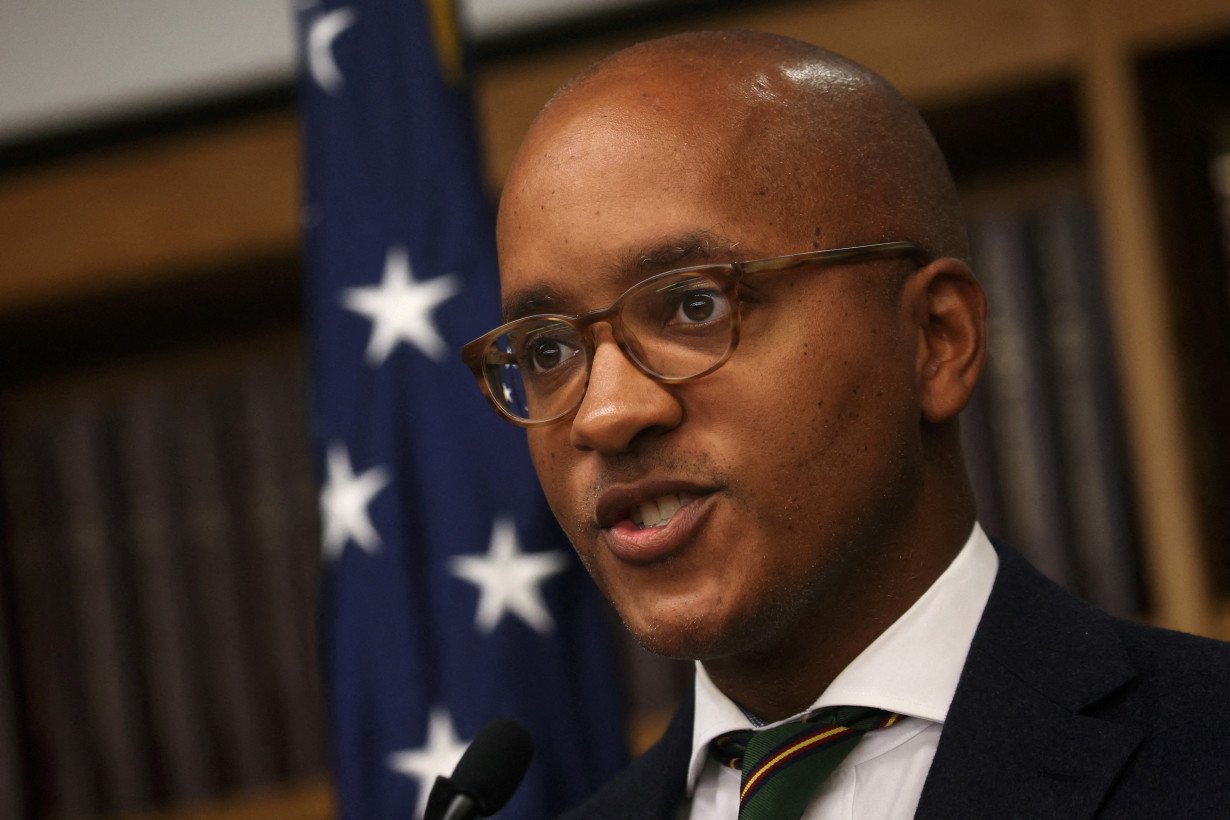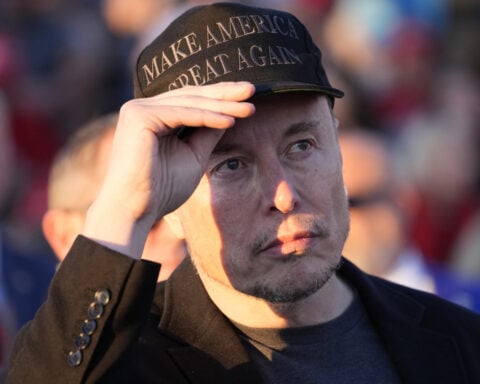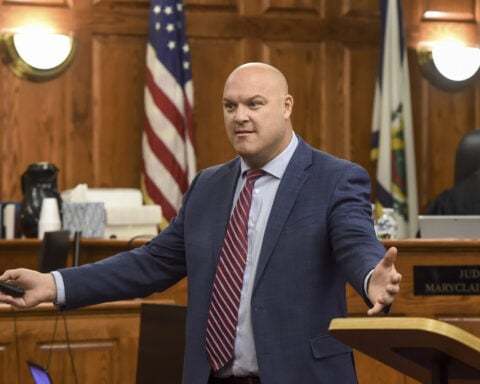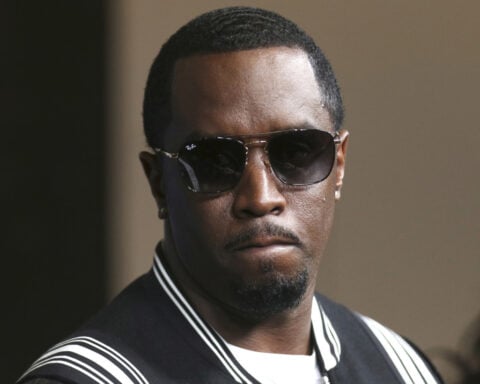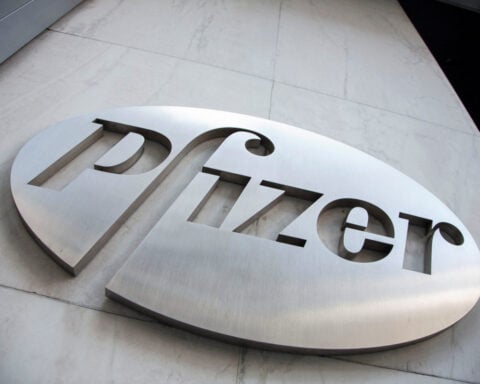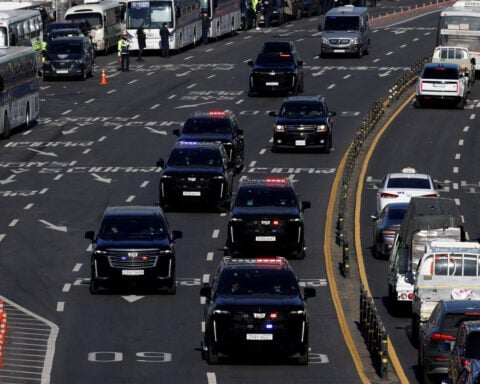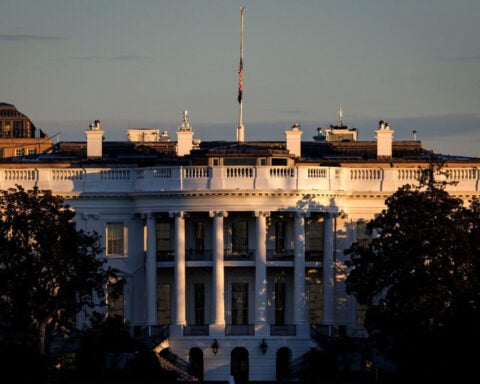By Luc Cohen
NEW YORK (Reuters) - Sam Bankman-Fried's upcoming trial on fraud charges marks a major test for a broader crackdown on white collar crime led by Manhattan's top federal prosecutor: Damian Williams.
Upon taking office in late 2021 as the U.S. Attorney for the Southern District of New York, Williams said "rooting out corruption in our financial markets" would be one of his top priorities - a familiar role for an office known as the main enforcer on Wall Street.
The Yale Law School graduate has since brought several indictments against former executives in the rough-and-tumble cryptocurrency space, as well as high-profile fraud charges against executives such as Charlie Javice of college financial aid platform Frank, Bill Hwang of Archegos Capital Management, and Joe Lewis, the billionaire former owner of an English soccer team. Javice, Hwang and Lewis have pleaded not guilty.
Bankman-Fried's will be the first of Williams' blockbuster white collar cases to go to trial.
The meteoric rise and even faster fall of the curly-haired, 31-year-old former billionaire who ran the FTX cryptocurrency exchange until its November 2022 collapse has captivated public attention, which will now be focused on how Williams' office handles the prosecution of the once-influential political donor accused of stealing billions of dollars in customer funds.
The cases Williams, 43, has brought so far show he has been a "steward" of the SDNY's longstanding priorities, said Kan Nawaday, who overlapped with Williams at the office.
"He's continuing the same type of rigor with pursuing cases, and pursuing noteworthy, righteous cases insofar as financial crimes and public corruption," said Nawaday, now a partner at law firm Venable.
Williams won a victory at trial this year against a former product manager at non-fungible token (NFT) marketplace OpenSea for insider trading, after earlier securing an insider trading guilty plea from a former Coinbase Global employee. Prosecutors had described the cases as the first insider trading cases brought involving digital assets.
"This office has brought a number of significant cases in this space," Williams said in July in announcing charges against Alex Mashinsky, another crypto executive. "The Southern District of New York has historically been at the forefront of enforcement in any new area."
Bankman-Fried and Mashinsky have each pleaded not guilty. Williams, through a spokesperson, declined an interview request.
WILLIAMS KNOWN TO TAKE 'CALCULATED RISKS'
Williams, SDNY's first Black U.S. Attorney, once clerked for former Supreme Court Justice John Paul Stevens, as well as current Attorney General Merrick Garland when Garland was an appellate judge. He led SDNY's securities and commodities task force before being nominated to the district's top post by President Joe Biden.
In the two years since assuming the office's top job, Williams has brought multiple major fraud and public corruption cases beyond the crypto space. For example, in May 2022 the office secured a guilty plea from Allianz's U.S. asset management unit. Allianz agreed to pay more than $6 billion as part of a fraud settlement.
Last week, his office charged New Jersey Senator Bob Menendez with bribery. Williams made the announcement, showing reporters photos of gold bars and stacks of cash found at the senator's home. Menendez pleaded not guilty.
Williams' charges against Bankman-Fried came just one month after FTX's collapse, which former prosecutors say is very fast for a complex white collar case.
Bankman-Fried's lawyers have accused prosecutors of rushing to bring the case. Williams' office ultimately split off several of the counts it brought after his extradition from the Bahamas for a separate trial, after a court in the Caribbean nation said Bankman-Fried could object to the charges.
Joshua Naftalis, who worked alongside Williams on fraud cases at SDNY, said the speed with which the charges were filed sent a "quick, emphatic message" to crypto markets.
"He's not afraid to take a calculated risk if it's for the good of the case," said Naftalis, now a partner at law firm Pallas.
WILLIAMS HAS STRUGGLED WITH SELF-DOUBT
Bankman-Fried's trial comes after some setbacks and amid ongoing challenges for Williams' office. Last December, a judge dismissed the main criminal counts in a corruption case against former New York Lieutenant Governor Brian Benjamin for failing to allege a specific "quid pro quo."
Williams in April called an indictment targeting fentanyl trafficking "the most significant of my tenure," citing the urgent public health crisis spurred by the synthetic opioid.
But the crisis has continued. In September, Williams has announced charges against four people allegedly distributing fentanyl out of a Bronx daycare center, after a one-year-old boy died due to possible exposure.
In a graduation speech at Columbia Law School in May, Williams described still being occasionally beset by self-doubt, which he said arose from struggling in school as a child in Georgia. But he said his doubt "now sits side by side with my confidence" and helps him check himself and stay humble.
"Yes, you may doubt yourself from time to time - that's OK. Other people may doubt you more - that's OK too, let them," Williams said. "As a wise man once said, haters gonna hate."
(Reporting by Luc Cohen in New York; Editing by Noeleen Walder and Daniel Wallis)

 TikTok preparing for U.S. shut-off on Sunday, The Information reports
TikTok preparing for U.S. shut-off on Sunday, The Information reports
 Japan's Makino Milling requests changes to unsolicited bid from Nidec
Japan's Makino Milling requests changes to unsolicited bid from Nidec
 South Korea's Yoon likely to be held in a solitary cell
South Korea's Yoon likely to be held in a solitary cell
 Trump's Greenland bid stirs debate in China about what to do with Taiwan
Trump's Greenland bid stirs debate in China about what to do with Taiwan
 Inflation duo takes centre stage
Inflation duo takes centre stage
 As Los Angeles burns, Hollywood's Oscar season turns into a pledge drive
As Los Angeles burns, Hollywood's Oscar season turns into a pledge drive
 As fires ravage Los Angeles, Tiger Woods isn't sure what will happen with Riviera tournament
As fires ravage Los Angeles, Tiger Woods isn't sure what will happen with Riviera tournament
 Antetokounmpo gets 50th career triple-double as Bucks win 130-115 to end Kings' 7-game win streak
Antetokounmpo gets 50th career triple-double as Bucks win 130-115 to end Kings' 7-game win streak
